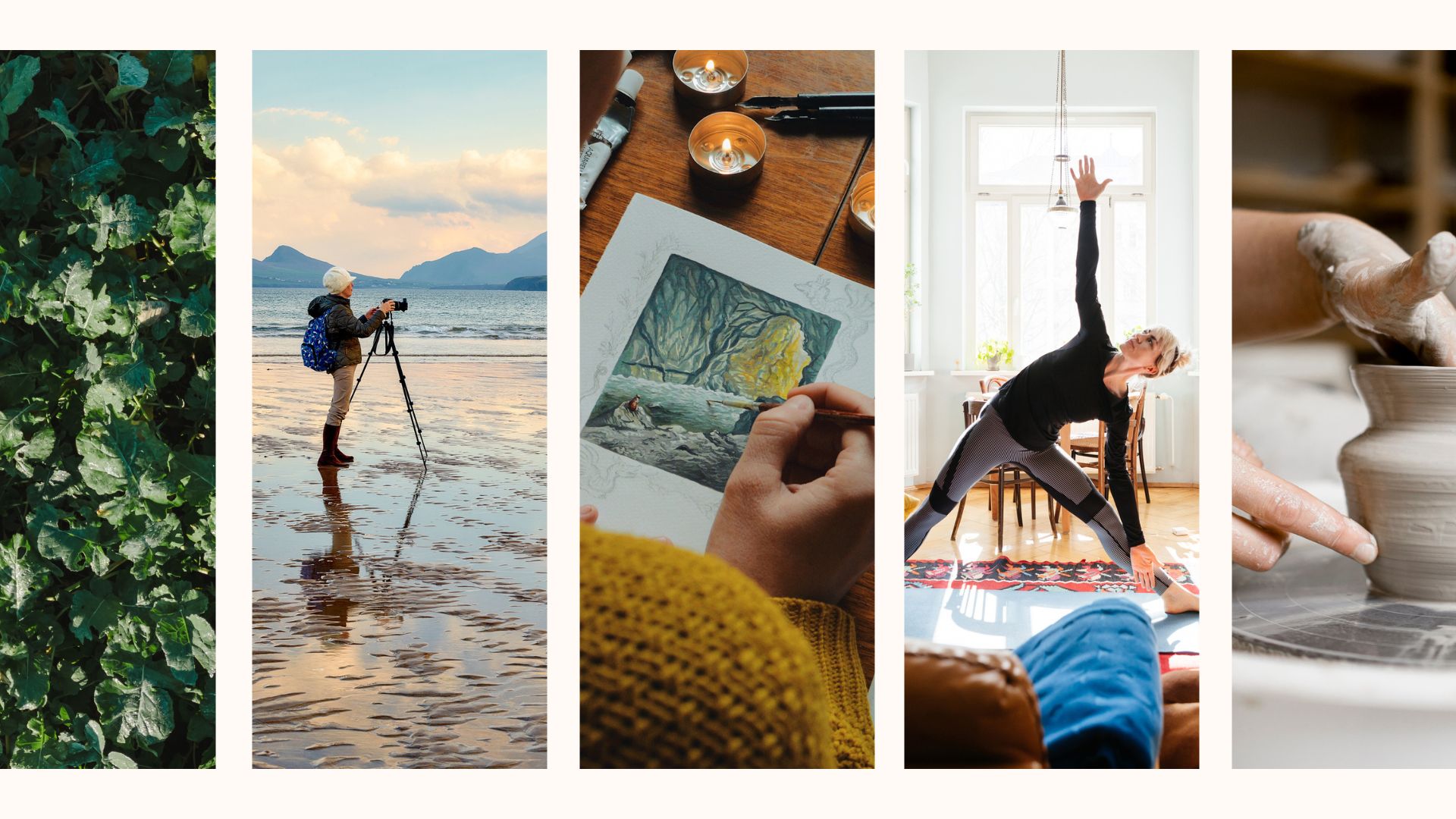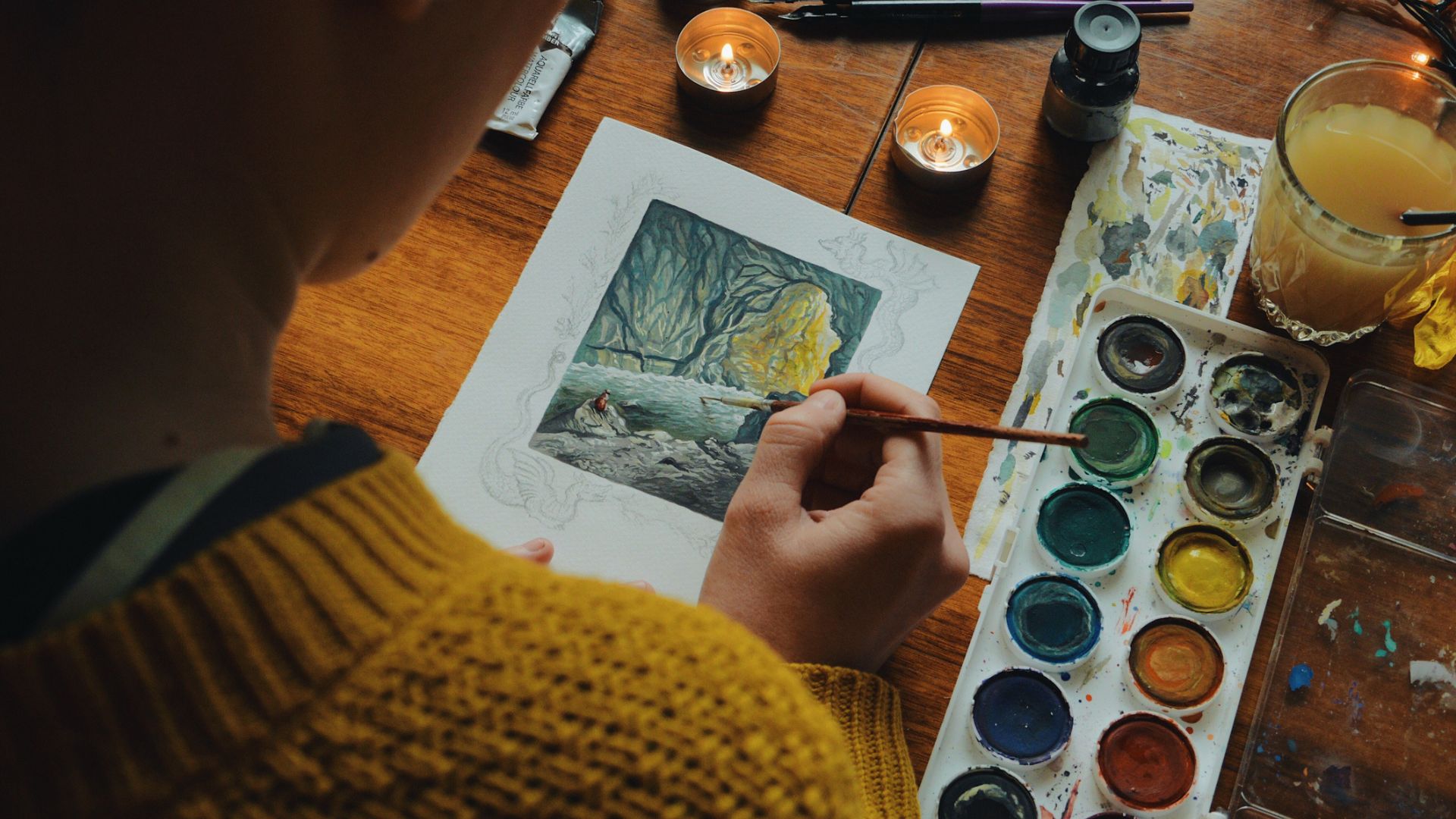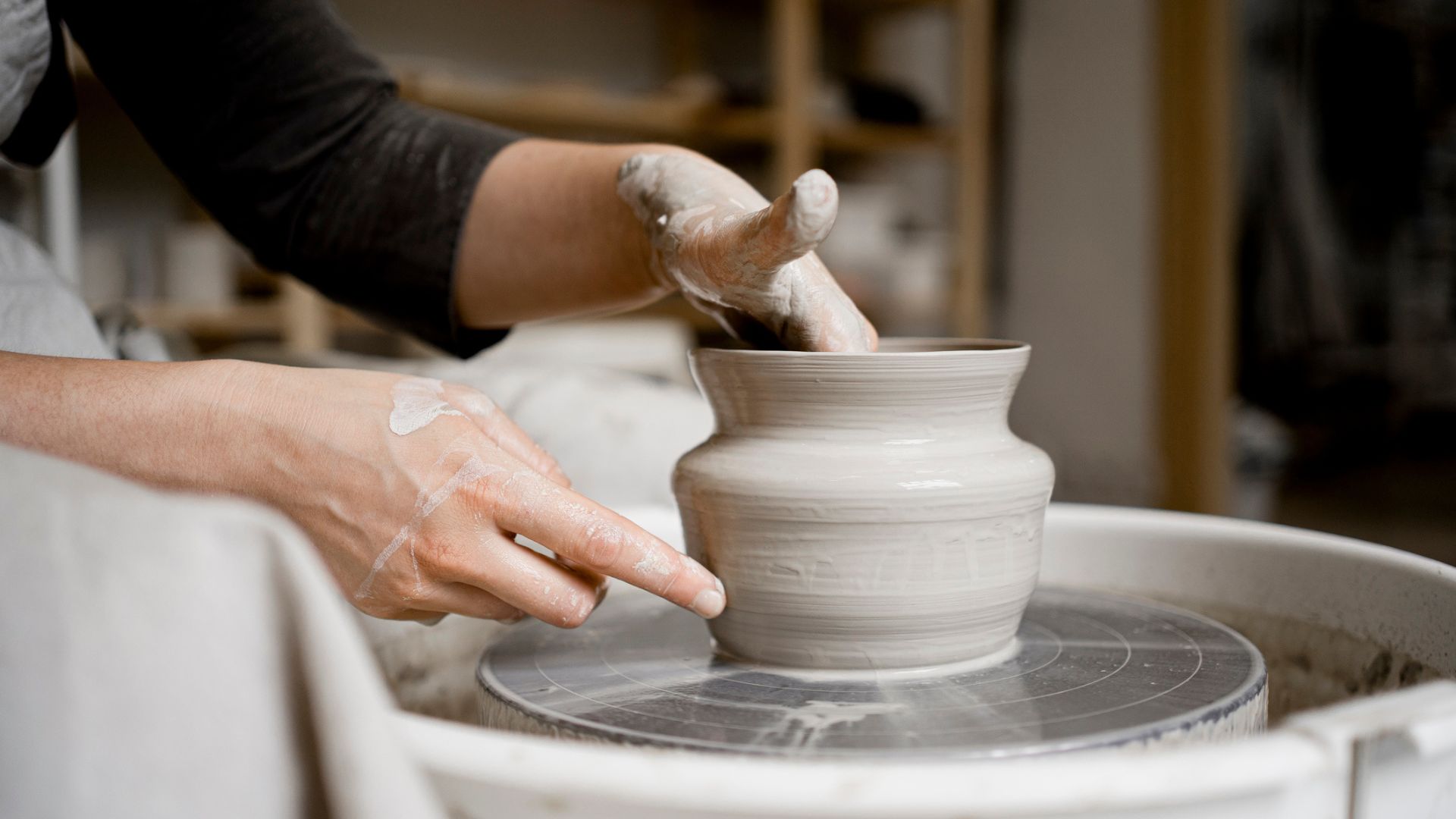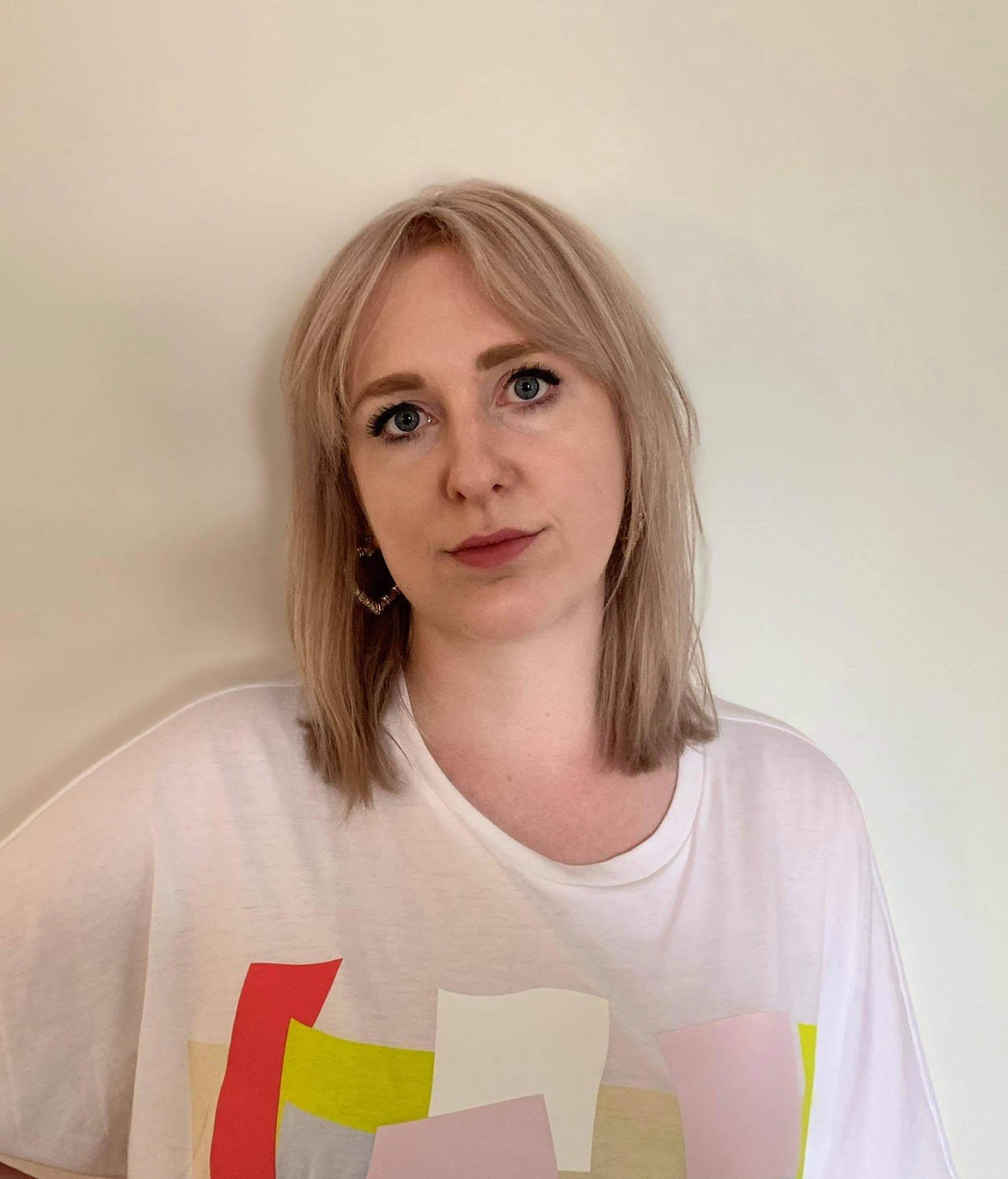How to find a new hobby as an adult, according to the experts
Hoping to learn some new skills but aren't quite sure how to find a new hobby as an adult? We chatted to life coaches, therapists and avid hobbyists who shared their top tips

It's hard to overstate the benefits of having hobbies, yet you wouldn't be alone if you've neglected to find time for them as an adult and have found yourself scratching your head wondering exactly how to find a new hobby.
As children, we pick up hobbies intuitively, often without referring to them as such - whether that’s art classes, playing a musical instrument or flexing our language skills. But as life gets busier and work and family commitments take over, spending time on a hobby can feel like a privilege.
We’re here to tell you it’s not. Not only are hobbies fun, but the best hobbies for women are also fundamental for physical and mental well-being. The best ideas for hobbies are entirely subjective as the right hobby for you will be one that aligns with your interests and lifestyle. But if you’re struggling to land on what that is, we’re here to help with our expert-led guide.
How to find a new hobby as an adult, when you have no idea where to start
When looking for a new hobby, the most obvious thing is to look at all your interests and think about anything you've always really wanted to try. Sometimes that's easier said than done though. So if you're struggling to get started, these expert tips should help you along the way.
And for further reading, check out our guides on the best hobbies for relaxing and new hobbies to try in 2023. Or, if you're hoping to pick up a new activity with your other half, check out our guide on the best hobbies for couples.
1. Don’t put pressure on yourself
"Hobbies should be fun, and something that makes you lose track of time, not something that you ever feel 'guilty' about accomplishing," advises Stephanie O'Dea, certified life coach, NYT best-selling author and host of the Slow Living Podcast.
Avoid putting any pressure on yourself with your hobbies and don't go in with expectations of changing your life or accomplishing something big. The whole purpose of finding a new hobby is to have fun and to dedicate time to something you're genuinely interested in.
Sign up for the woman&home newsletter
Sign up to our free daily email for the latest royal and entertainment news, interesting opinion, expert advice on styling and beauty trends, and no-nonsense guides to the health and wellness questions you want answered.
"Have fun! Hobbies should be challenging, but if you're tearing your hair out, step back and start again at beginner level," agrees novelist Wednesday Lee Friday who started writing in her 30s.
2. Think back to your childhood
Several of the experts and hobbyists we spoke to advised casting your mind back to your childhood and thinking about the things that you enjoyed then.
"Make a list of activities that interest you and think of things that you have always wanted to try or activities that you enjoyed in your childhood. Revisit those hobbies and come up with ideas for new ones to explore," suggests Catherine Wilde, life coach, certified yoga & meditation teacher and founder of Soul Care Mom.
"Women looking for new hobbies could start by thinking about what they wanted to be when they grew up," agrees Wednesday. "The broad strokes of what you loved as a kid (cooking, crafting, building things, painting) might lay the foundation for something new you can do as an adult."
Samantha Hoff creator and founder of Pottery with a Purpose was working in the corporate world when she decided to pick up her previous hobbies of DIY and pottery-making. She initially took up pottery as a creative outlet that offered anxiety relief, but this hobby later developed into her career. "Pottery became a way for me to find peace and stay present in the moment," she tells us. "The tactile nature of working with clay and the meditative process of creating something beautiful with my hands brought me a sense of calm that I had never experienced before."
Are there any hobbies in your life you gave up but always wonder "what if?" If so, it's never too late to return to them - whether you're looking for a new hobby to pick up in your 30s or 50s.

3. Try a few things out and see what sticks
Try out a few different things before committing to anything. For example, you could join some trial classes or dip your toes in a few activities to see if it's something that piques your interest. If you try it a few times, and you don't find yourself particularly fussed about returning to, it might not be the hobby for you.
"It can be hard to commit to something long-term right away, so try venturing out and exploring different hobbies once a week. You might find that something sticks," explains Catherine.
"Experimenting with new hobbies is not about finding the perfect one immediately; it’s about taking the time to unearth what interests you the most so that when you do settle down into something, it brings lasting joy and satisfaction into your life."
4. Think about the advice you'd give your children
For many parents, the concept of finding a new hobby is nothing new - in fact, it's something they'll often actively encourage their children to do, giving them the tools and advice they need to find a passion. However, many of us aren't great at applying our own advice to ourselves.
Stephanie O'Dea tells us she relayed this advice during a recent coaching session. "The person chatting with me was a mom, and we asked what advice she'd give her children," she tells us. "That advice was to think of something to do 'for your brain' and 'for your body.'"
What advice would you tell a child or your younger self? For starters, you'd probably avoid putting any pressure on them and you'd urge them to be open-minded. Try writing down your own advice - and follow it.

5. Join a class
If you've identified a hobby you'd like to try, enrolling in a class can help you develop the necessary skills, dedicate time to it and also have a level of accountability. It's much easier to keep something up once you've made a financial or time commitment. "One way to find a hobby is to look at adult education classes nearby and try a short-term class,” suggests Oona Metz, LICSW, CGP a Boston-based psychotherapist.
Looking at the evening and weekend programs at local community centers and colleges can also be a great way to find inspiration if you're still not sure what you want to do. Many courses run taster sessions so you can dip your toes into the program without fully committing from the get-go.
6. Join an online community
Not able to join an evening class? Then turn online. "Join online communities – there are many online communities dedicated to teaching and sharing information about various topics and hobbies," advises Catherine. "The Internet is an amazing resource for connecting with like-minded people who can offer advice and support while trying a new activity or skill." It's one of the best ways to learn how to make friends as an adult.
If you're interested in a hobby that requires a degree of interaction with others without actually physically seeing them, online communities can be a great tool as you're instantly connected to people from around the world with shared interests.

7. Step outside of your comfort zone
Quite simply, challenge yourself to try something new, suggests Melissa Bauknight, business and life coach, and founder of The Ripple Connection. "Stepping outside of your comfort zone and trying new things can be a great way to discover new hobbies. Having worked across six states and consistently performing in the top 10% of my peers in the corporate world, I learned the importance of taking risks and trying new things," she tells us. "Attend a cooking class, take up painting, try rock climbing, or sign up for a dance class. You never know what you might enjoy until you try it."
It's easy to hold yourself back by staying in your comfort zone, but by doing so, you could miss out on trying so many new things. Remember our tip about following the advice you'd tell your younger self? If you don't try new things, you'll never know what's right for you. Just look at 53-year-old journalist and competitive triathlete, Donna McConnell who took up triathlon in her 40s.
8. Think about what's missing in your life
While some people are fortunate enough to turn their hobbies into a career, for most of us, a hobby is something to distract us from the stresses of our every day. If you work in a manual job, you might enjoy a more sedentary hobby; similarly, if you work at a desk, you might want a job that gets you out and about.
“Finding a new hobby is also a great way to use your brain in a different way," says Oona Metz. "For instance, the financial advisor who takes up pottery is not only making bowls but also "massaging" their brain by creating new neural pathways.”
For Tahmina Watson, Immigration Lawyer and founder of Watson Immigration Law, turning to photography helped provide an outlet for her stress and an activity that was completely different from her day-to-day. "My job is very stressful and I didn't really have an outlet for stress relief," Tahmina tells us. However, during the lockdowns Tahmina started to work from home, taking her breaks from her garden. "I started to take breaks out on the deck and that's how I started to take notice of the backyard birds," she tells us. I started to photograph them with my phone. Gradually I upgraded to using my digital camera and then upgraded my camera to a mirrorless one.
"I now believe that every woman, particularly mothers and leaders, and every human, frankly, should have a hobby. The trouble is that most of us don't know why it is important and how to even discover what your hobby should be. I feel gratitude every day that I have a hobby in which I can lose myself."
Caroline Godin, life coach and blogger with First Responder Coaching, coaches people in frontline work, also helping them search for new hobbies. She tells us that a tool she regularly uses is 'The Wheel of Life' which helps people map out their lives and understand if they have a balance or are lacking, or feeling unfulfilled, in particular areas.
"The Wheel of Life is something life coaches may use to help a person find which areas of life may be off balance or not receiving proper attention. Coupled with a Values worksheet, the coach will help the person identify which areas are in need of more attention," she tells us. "For example, if the Wheel identifies that you're putting more energy into work but your highest value is your relationship, you may find that adjusting that will help you balance your life better."

9. Think about hobbies that align with your skills and natural interests
While most people seek hobbies that help them escape from their everyday stresses and from the demands of their job, it's also worth thinking about the skills you utilize at work, and why you've been drawn to your career path.
"As for finding new hobbies, The Wheel of Life and Value worksheets can lead to a discussion about what makes a person happy or satisfied," adds Caroline. "Finding what one enjoys is the start of finding a rewarding hobby by simply asking powerful questions such as, 'What is it that leads you to that profession?' If someone loves their job (even if the current work situation isn't great), one can dive into what qualities of the job that attract them. A banker may discover they love solving logic puzzles. Firefighters may realize they love building things and creating structures. A chef could find out they want to try painting. The possibilities are endless."
So even if you don't want a hobby adjacent to your job, think about the things you like about your job. Do you like solving puzzles? Or enjoy the creative aspects of it? You can flex those skills in a more relaxing way, outside of your 9-5.
Even if you don't have a coach, you can try compiling your own Wheel of Life: we particularly like the resources available at Mind Tools.
10. Make time for it
Dedicating time to your new hobby is the ultimate act of self-care, an essential part of learning how to be happy alone, as you're also dedicating time to yourself. "Make time for yourself – life can get busy but it's important to make time for yourself each day or week (depending on what works best for you) in order to nurture your creativity and explore fun activities without any pressure or expectations from others around you," explains Catherine.
If you're still trying to find a new hobby, think about the amount of time you can realistically dedicate to it and how you can fit it into your lifestyle. Taking up embroidery or reading requires less commitment than something like learning a new language. If you don't have time to give to it, you'll overcommit and feel stressed - which is the opposite of how you should feel with a new hobby.

11. Follow your curiosity
It goes without saying that your chosen hobby should be aligned with your interests. But are there certain activities, topics or areas you've found yourself curious about and constantly returning to over the years? It could be something you've never considered trying yourself or turning into a hobby. For example, are you interested in watching TV shows about fashion and always find yourself shopping the latest fashion trends? It might be fun to give clothes-making a go.
"One of the simplest ways to start is by following your curiosity," advises Melissa. "Ask yourself what interests you, what topics you find yourself researching in your free time, and what you enjoy reading about."
11. Understand your goals for your new hobby
When thinking about finding a new hobby, ask yourself what you really want from it. Is your goal to practice mindfulness and completely switch off? Or are you hoping to get fit by picking up a sport that you enjoy doing? Alternatively, you might want to develop skills that will enhance existing hobbies - for example, learning a language for a country that you travel to regularly, or maybe you want to pick up a skill you regret not doing sooner, like learning how to swim as an adult. It's important to really understand what you want to achieve from your new hobby.

Anna is an editor and journalist with over a decade of experience in digital content production, ranging from working in busy newsrooms and advertising agencies to fashion houses and luxury drinks brands. Now a freelance writer and editor, Anna covers everything lifestyle, from fashion and skincare to mental health and the best cocktails (and where to drink them).
Originally from Glasgow, Anna has lived in Berlin, Barcelona, and London, with stints in Guernsey and Athens. Her love of travel influences her work, whether she’s stocking up on the best skincare at French pharmacies, taking notes on local street style, or learning to cook regional cuisines. A certified cinephile, when she's not travelling the world, you'll find her hiding away from it at her local cinema.
-
 Unforgettable date ideas to make a great first impression or rekindle romance
Unforgettable date ideas to make a great first impression or rekindle romanceForget the same old first date formula - these unforgettable date ideas will leave them thinking about you long after you go home
By Natalie Denton Published
-
 Butter yellow might be the colour of the season, but Amal Clooney is making me want to try sunshine shades
Butter yellow might be the colour of the season, but Amal Clooney is making me want to try sunshine shadesSpark some joy by adding some statement yellow pieces to your wardrobe just in time for summer
By Matilda Stanley Published